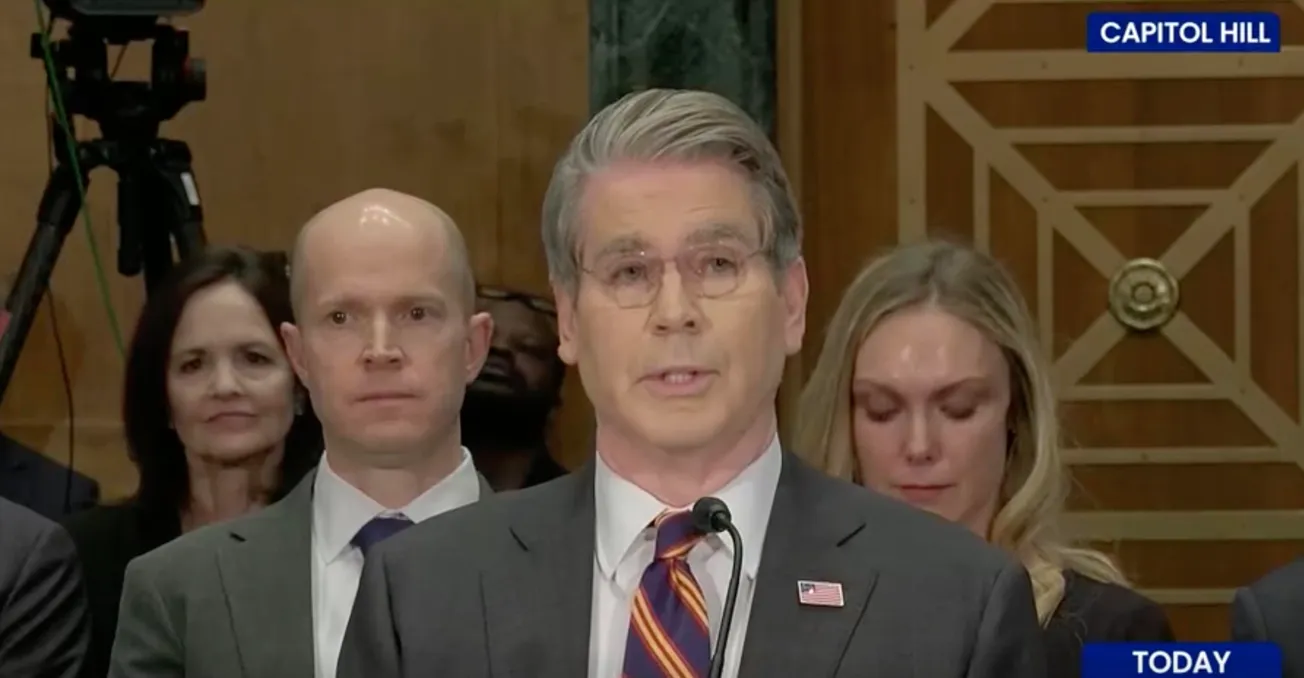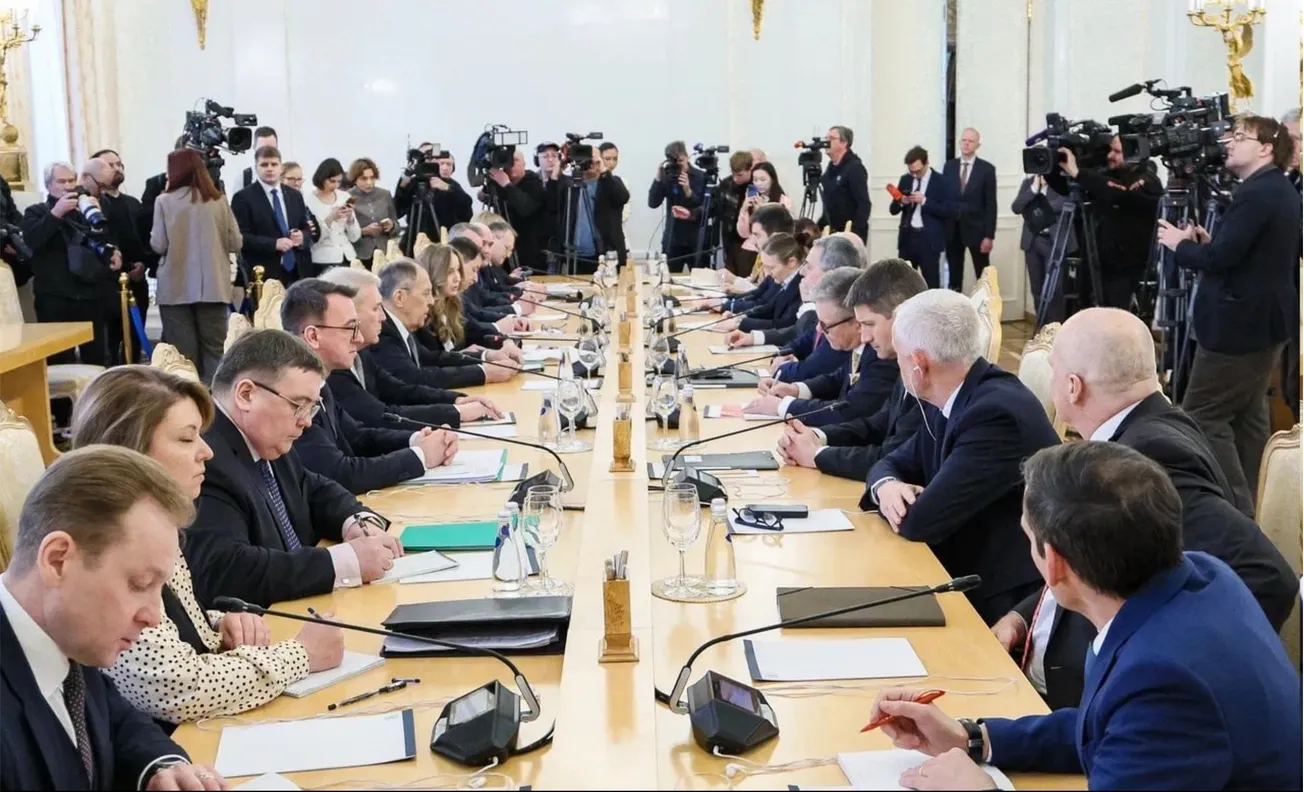Donald Trump’s nominee for Director of National Intelligence, Tulsi Gabbard, “raised fears in the [U.S.’s 18 spy] agencies and among American allies,” that, as the City of London’s The Economist titled its Nov. 24 warning, “Donald Trump and Tulsi Gabbard Are Coming for the Spooks.” The Economist piece moots various options for how to block Gabbard from carrying out “dramatic reforms, even"—heaven forbid!—"purges” in the spy agencies and the FBI, particularly in the latter’s “big counterintelligence and counterterrorism sections.”
The core of the post-war treasonous U.S. “Special Relationship” established with the British Empire it once defeated, is the integration of U.S.-U.K. intelligence as formalized in the so-called “Five Eyes” intelligence alliance formed by the intelligence agencies of the “Anglosphere” (U.K., U.S., Australia, Canada and New Zealand). The Economist, albeit cautiously, suggests that the “Five Eyes” alliance may be able to override the “radical policies” they fear could come from Gabbard, with her alleged “Russophile tendencies” and “softer line on China, Russia and Iran” than other of Trump’s cabinet nominees.
”The Economist spoke to a dozen former and serving intelligence officials from America and European allies to ask them how they thought all this churn might affect American and allied agencies. Some urged calm…. The DNI, in any case, is … not always, or even usually, the most powerful. She oversees intelligence assessments and manages budgets, but does not directly run the agencies,” some of the magazine’s (all unnamed) sources assured.



